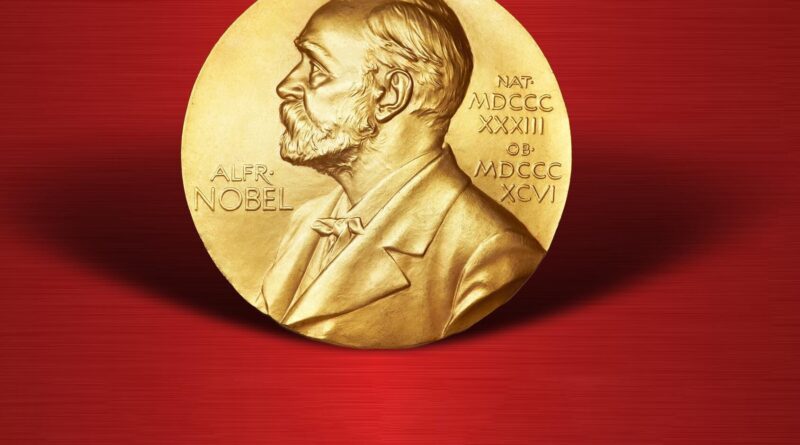Nobel Prize in Tilburg
In recent years the Nobel prize has been assigned twice to great econometricians with clear links to Tilburg. A fantastic opportunity arises to honor one of them and learn from his most recent insights. On November 15th, the Dies Natalis (birthday) of Tilburg University, Lars Hansen will get an honorary doctorate from Tilburg University. I vividly remember the first time we met. It must have been in the late nineties when he visited Tilburg for a week or so. A soft knock on my door, and a friendly modest person, eager to meet senior as well as junior researchers in Tilburg.
Written by: Theo Nijman
Interaction with top-researchers is highly stimulating if not vital for young researchers. I have been so fortunate already in 1987 to visit Rob Engle in San Diego. Rob was by then exploring models of the conditional heteroskedasticity, which is very much present (e.g. in daily stock returns). These GARCH (Generalized Autoregressive Conditional Heteroskedasticity) models are now in the toolkit of bachelor students in econometrics, but fully new and fascinating at the time. These GARCH models were among the important contributions to the literature that motivated the prize committee to award the Nobel prize to Rob in 2003. In 1987 Rob invited me for dinner in his four bathroom villa overlooking the Pacific where I also interacted with his wife and children. Such contacts are highly stimulated and have probably also helped in later years to get my own papers on GARCH (often with Feico Drost) published in top-journals. I remember the first time we presented the paper on change of frequency in GARCH models for an international audience in Paris where it was very well received and where we got lots of useful feedback from Rob. Likewise I remember having dinner with Feico that evening on the Place du Tertre to celebrate our success. As you see, academic life is tough sometimes… Rob Engle once also visited Tilburg and attended a conference in the first days of December where we treated all visitors on Dutch Sinterklaas sweets, which was often referred to in later years.
Nowadays, history repeats itself. Anne Balter, a young assistant professor in the department, visited the University of Chicago last fall and was invited by Lars Hansen to come over to his cottage in the countryside to spend the weekend with Lars and his family. This contact is likely to be extremely fruitful for Anne and for econometrics in Tilburg more generally. Anne not only met Lars Hansen but also Tom Sargent, another Nobel prize winner. And was already invited to return to Chicago for a specialized mini-conference on robust modelling initiated by the two Nobel prize winners.
Lars returns to Tilburg on November 15th. Bas Werker has excellent contacts with Lars in his (very prestigious) capacity of associate editor of Econometrica, where Lars is the editor. Bas will be the honorary promotor explaining why Tilburg University chose to “bestow Lars with the dignity of the honorary doctorate” as the formal reading states. Students are welcome to attend, and also be inspired. Note that professorship in Chicago is not impossible for Tilburg students. Ralph Koijen, one of the best Tilburg econometrics students ever, even returned to Chicago recently after having worked there initially as a tenure track assistant professor.
Research is not only about academic values. Research, and research in econometrics in particular, also plays a vital role in many policy discussions. The award ceremony for the honorary doctorate will therefore be preceded by an event with Lars Hansen, but also the CEO of APG as well as Wouter Koolmees, the Dutch Minister of Social Affairs (and pensions) will attend.




